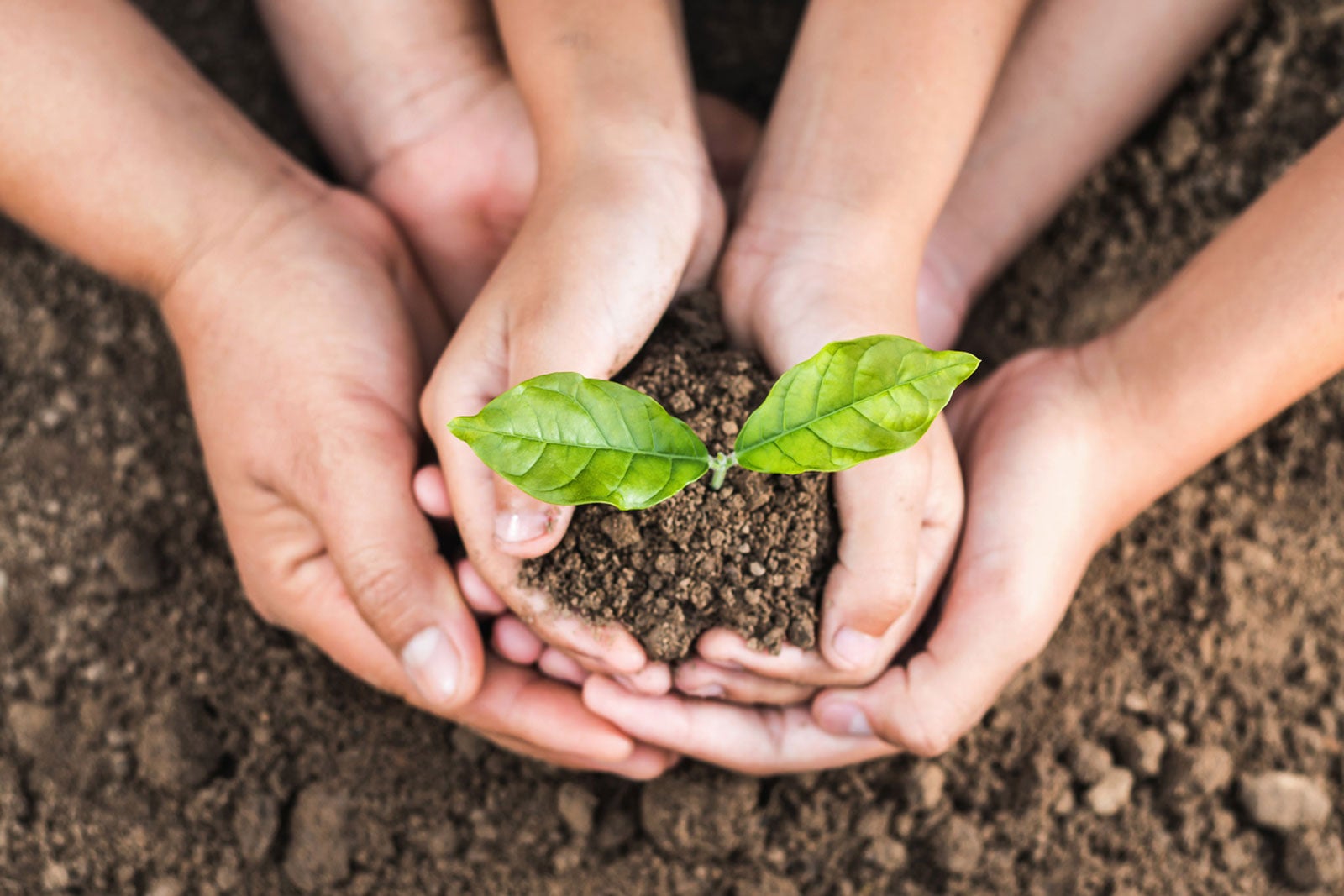
Sign up for the Gardening Know How newsletter today and receive a free copy of our e-book "How to Grow Delicious Tomatoes".
You are now subscribed
Your newsletter sign-up was successful
Autism gardening therapy is becoming a fantastic therapeutic tool. This therapeutic tool, also known as horticultural therapy, has been used in rehab centers, hospitals, and nursing homes. It has become a natural passageway for use with autistic children and gardening. Creating autism friendly gardens benefits not only children on every level of the spectrum but their caregivers as well.
Gardening for Kids with Autism
Autism impairs communication and social skills. It may also cause several sensory issues, wherein an autistic individual may be over or under sensitive to external stimuli. Autism gardening therapy is an excellent way to tackle these issues.
Individuals who have added anxiety created with sensory processing issues greatly benefit from autism gardening therapy. Many people with autism, especially children, struggle with fine motor skills such as zipping up a coat or using scissors. A program combining autistic children and gardening can address these issues.
How Does Gardening for Kids with Autism Work?
Autism gardening therapy can help children with their communication skills. Many children, regardless of where they lie on the spectrum, struggle with using language in some way or another. Gardening is a physical activity involving the use of the hands; therefore, it doesn’t require much in the way of verbal skills. For those who are completely nonverbal, visual cues and photographs can be used to demonstrate tasks such as how to plant or care for seedlings.
Many autistic children have difficulty forming social relationships. Group gardening for kids with autism allows them to learn to work together towards a common goal without the need to converse or behave according to other social standards.
Creating autism friendly gardens allows those with sensory issues to engage in an activity that is slow paced and relaxing. This allows individuals to take in the different stimuli available (such as color, smell, touch, sound, and taste) at a leisurely pace that is more readily taken in by kids with autism.
Autism friendly gardens that deal with sensory issues should incorporate plants of different color, texture, smell, and taste in as many ways as possible. Water features or wind chimes may provide a relaxing background of sound. Sensory gardens are ideal for this.
Sign up for the Gardening Know How newsletter today and receive a free copy of our e-book "How to Grow Delicious Tomatoes".
With autism gardening therapy, activities such as digging, weeding, and watering can help strengthen motor skills. Handling and gently transplanting young seedlings helps with fine motor development.
Many kids who may otherwise have difficulty with other extracurricular activities will excel when working with plants. In fact, this type of horticultural therapy has great promise as vocational training for autistic young adults and may lead to their first job. It helps them learn to work together in a setting, ask for help, build confidence along with enhancing behavioral and communication skills.
Quick Tips on Gardening for Kids with Autism
- Make the experience as easy, yet enjoyable, as possible.
- Start out with only a small garden.
- Use small plants to allow the child to stay engaged versus using seeds where they cannot see the results of their work right away.
- Choose lots of color and add neat objects to peak interest. This also allows opportunity to expand on language skills.
- When watering, only use the exact amount needed for your plant.

Amy Grant has been gardening for 30 years and writing for 15. A professional chef and caterer, Amy's area of expertise is culinary gardening.
